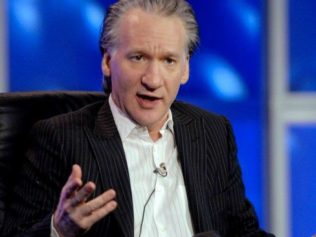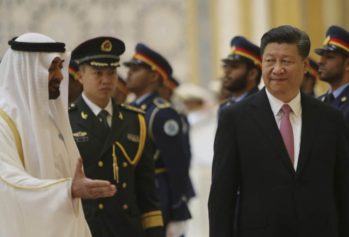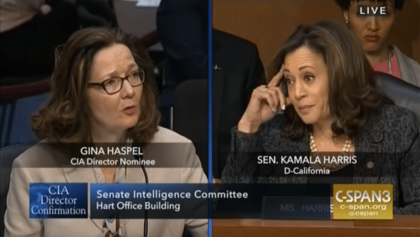The Bush Administration fumbled the ball more than the public could ever know, and failed to connect the dots that might have prevented the most lethal terrorist attack in American history.
Or at least so says former Kurt Eichenwald in a New York Times op-ed piece that ran today to mark the 11th anniversary of the violence that left nearly 3,000 Americans dead following attacks at the World Trade Center, the Pentagon and over the skies of Pennsylvania.
Eichenwald, a former NYT reporter, cites a number of recently declassified documents which show that President George W. Bush received a number of CIA briefings warning of an imminent Al Qaeda attack on U.S. soil.
In April 2004, the administration released information about one such briefing on August 6, 2001 as per the request by the 9/11 Commission that was charged to investigate the attack.
That morning’s “presidential daily brief” — the top-secret document prepared by America’s intelligence agencies — featured the now-infamous heading: “Bin Laden Determined to Strike in U.S.”
The terrorist group would do just that a few weeks later.
However, recently declassified documents now show the government had received such warnings as early as spring 2001, leaving Eichenwald to suggest that the Bush administration was negligent in the way it handled the threat.
Hindsight is, of course, 20/20, but Eichenwald says the CIA had informed the White House as of May 1 about a report that “a group presently in the United States” was planning a terrorist operation. Weeks later, on June 22, the president’s daily brief reported that Al Qaeda strikes could be “imminent,” although intelligence suggested the time frame was flexible.
But several influential members of the administration considered the warning to be just bluster. According to Eichenwald, the neo-conservative leaders who had recently assumed power at the Pentagon were instead telling the White House that the CIA had been fooled.
According to their theory, Bin Laden was merely pretending to be planning an attack to distract the administration from Saddam Hussein, whom the neo-cons viewed as a more imminent threat. Intelligence officials, however, considered the idea of Bin Laden, an Islamic fundamentalist, conspiring with an Iraqi secularist like Hussein to be ridiculous, but the neo-cons’ suspicions won Bush’s ear.
In response, the CIA prepared an analysis that all but pleaded with the White House to accept that the danger from Bin Laden as real.
“The U.S. is not the target of a disinformation campaign by Usama Bin Laden,” the daily brief of June 29 read.
Going on for more than a page, the document recited much of the evidence, including an interview that month with a Middle Eastern journalist in which Bin Laden aides warned of a coming attack, as well as competitive pressures that the terrorist leader was feeling, given the number of Islamists being recruited for the separatist Russian region of Chechnya.
And the CIA repeated the warnings in the briefs that followed. One reported on June 29 warned that the planned near-term attacks would have “dramatic consequences,” including major casualties. On July 1, the brief stated that the operation had been delayed, but “will occur soon.” Some of the briefs again reminded Mr. Bush that the attack timing was flexible, and that, despite any perceived delay, the planned assault was on track.
Yet, the White House failed to take significant action.
On July 24, President Bush was notified that the attack was still being readied, but that it had been postponed, perhaps by a few months. But the president did not feel the briefings on potential attacks were sufficient, asking instead for a broader analysis on Al Qaeda, its aspirations and its history. In response, the CIA began work on the Aug. 6 brief.
But even as the that brief was being prepared, Mohamed al-Kahtani, a Saudi believed to have been assigned a role in the 9/11 attacks, was stopped at an airport in Orlando, Fla., by a suspicious customs agent and sent back overseas on Aug. 4. Two weeks later, another co-conspirator, Zacarias Moussaoui, was arrested on immigration charges in Minnesota after arousing suspicions at a flight school. But the pieces of the puzzle were never put together, and Washington failed to react.
We’ll never know if the Bush Administration could have possibly prevented 9/11, but Eichenwald suggests that it’s not from a lack of advance warning.


